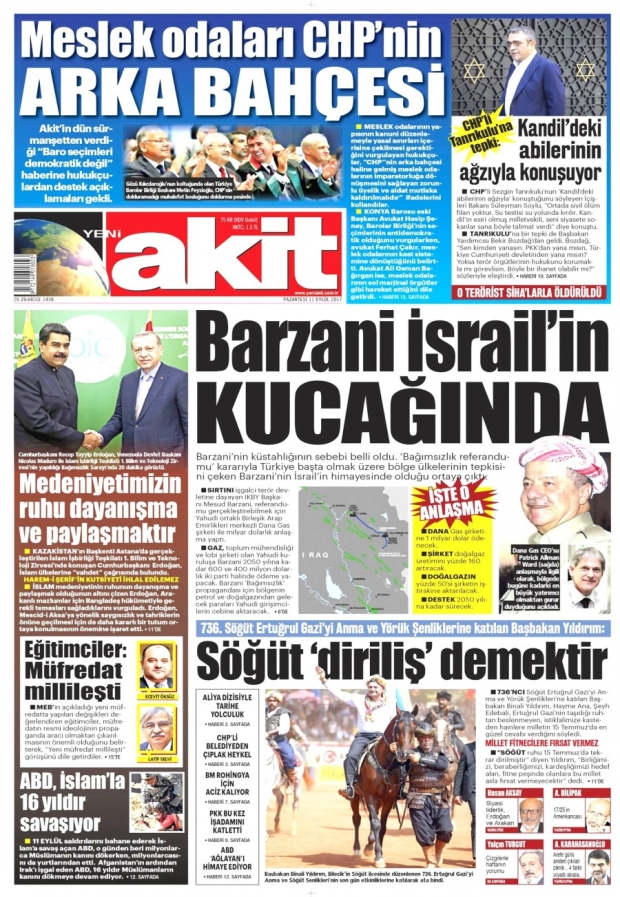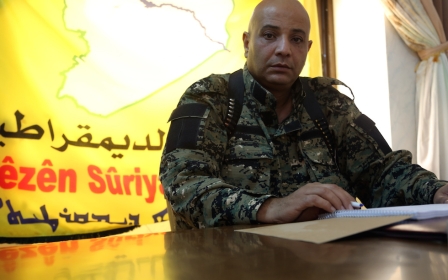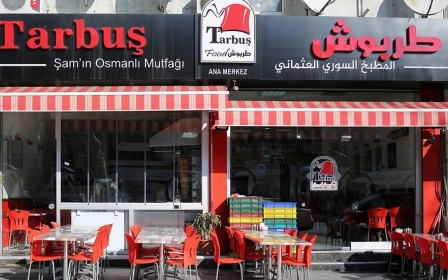Jews and Syrians main targets of hate speech in Turkish media: Report

Jews and Syrians are the groups most frequently targeted by hate speech in Turkish media, the latest report on the topic has revealed.
As many as 48 different ethnic groups and communities were targeted in 2,466 instances of media hate speech in the four months from May to August, stated a report by the Hrant Dink Foundation, which monitors hate speech.
Jews topped the list and were targeted in 493 instances, while Syrians followed with 472 cases of hate speech against them.
A spike in hate speech against Jews occurred towards the end of July following Israeli transgressions at the Al-Aqsa compound in Jerusalem, a revered holy site for Muslims.
Most of the media reports during that period generalised the Jews as the enemy, instead of singling out the occupying Israeli state, Israeli security forces and far-right elements stoking tensions.
The Jews were also depicted as a hidden force that posed a threat to Turkey.
Historically, Turkey has had very amicable relations with the Jewish community and often provided refuge and protection when they were targeted in Europe.
In 1492, the Ottoman sultan, Bayezid II, welcomed and provided refuge to more than 60,000 Sephardic Jews who were driven out of Spain.
During World War II, Turkish diplomats often provided protection to Jews in Nazi-occupied Europe and even arranged for the escape of many of them from those areas to Palestine via Istanbul.
According to the report, Syrian refugees were more systematically subjected to hate speech during the four-month period.
They were often mentioned in connection to news of criminal acts like murder, theft and sexual harassment.
Syrian refugees were depicted as being responsible for the deteriorating economic situation and for growing joblessness. They were also linked to security and terrorism problems.
Russians, atheists and the French were among the least targeted during this period with 29 and 30 instances respectively.
The Foundation classifies hate speech as discourse that incorporates negative generalisation, communal insults and defamation. It also includes the use of ethnic and communal identity to instigate hate and humiliation.
The report found 1,122 texts containing hate speech in 359 local newspapers and 788 texts in 39 national newspapers.
Of all reported hate speech during this period, 1,082 were opinion pieces, 759 news articles and 69 were classified as "other".
The top 15 national offenders were almost entirely ultra-religious or ultra-nationalist publications. Most, however, have limited readership and circulation numbers despite being national publications.
The ultra-zealous religious Yeni Akit publication, known for its close ties to the government, topped the list with 85 instances of reported hate speech.
Sozcu, an ultra-nationalist newspaper which is anti-government, was top of the list in terms of publications with extensive readership and circulation. It came 11th with 26 instances of hate speech.
The report found that spikes in hate speech were often connected to international developments involving Turkey and parts of the groups or communities involved.
The Hrant Dink Foundation has been preparing the hate speech in media report since 2009.
The foundation is named in honour of the Turkish-Armenian journalist Hrant Dink, who was gunned down in front of his office in 2007 by an ultra-nationalist. The court case to bring the perpetrators to justice is still ongoing.
New MEE newsletter: Jerusalem Dispatch
Sign up to get the latest insights and analysis on Israel-Palestine, alongside Turkey Unpacked and other MEE newsletters
Middle East Eye delivers independent and unrivalled coverage and analysis of the Middle East, North Africa and beyond. To learn more about republishing this content and the associated fees, please fill out this form. More about MEE can be found here.





